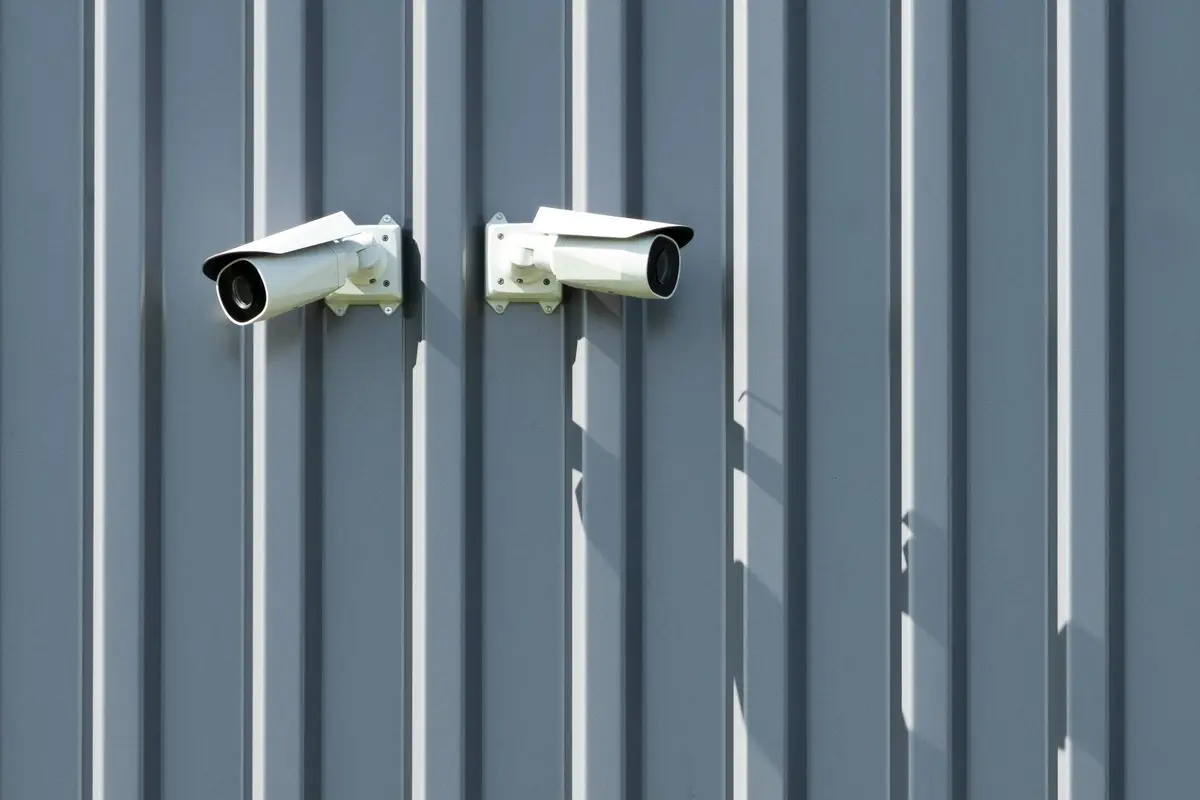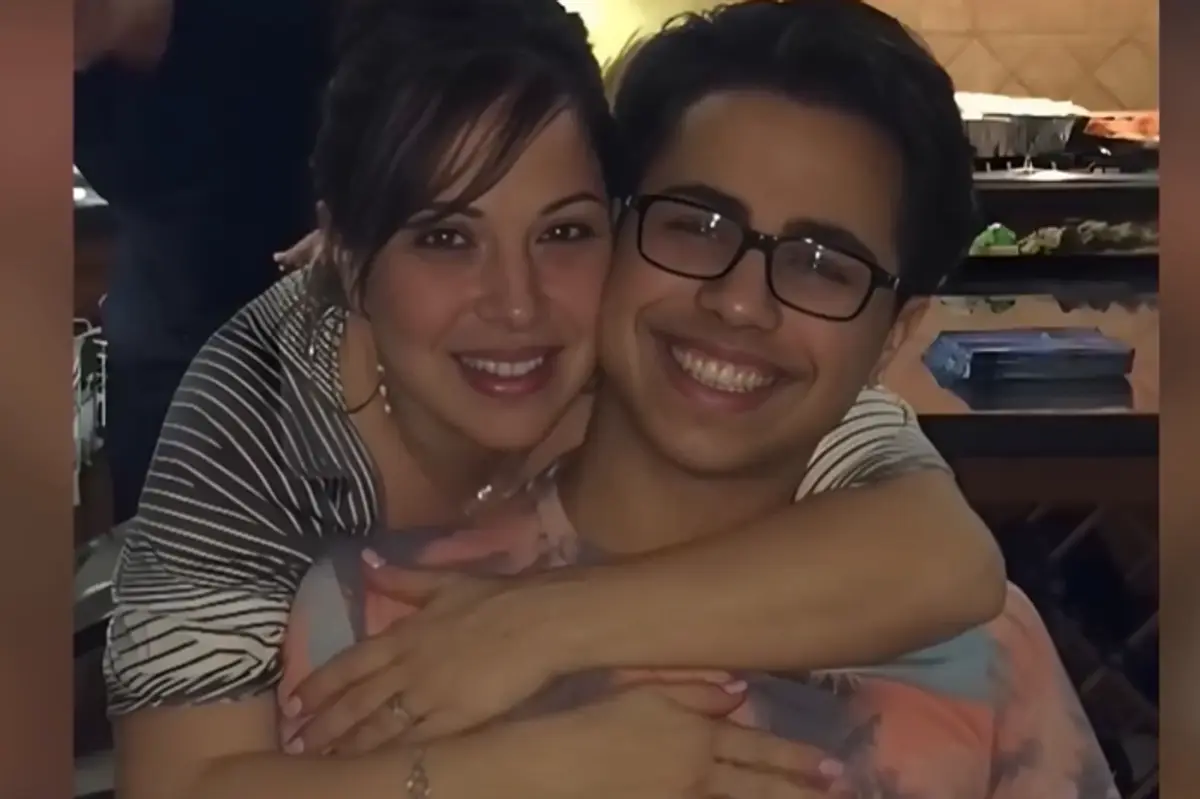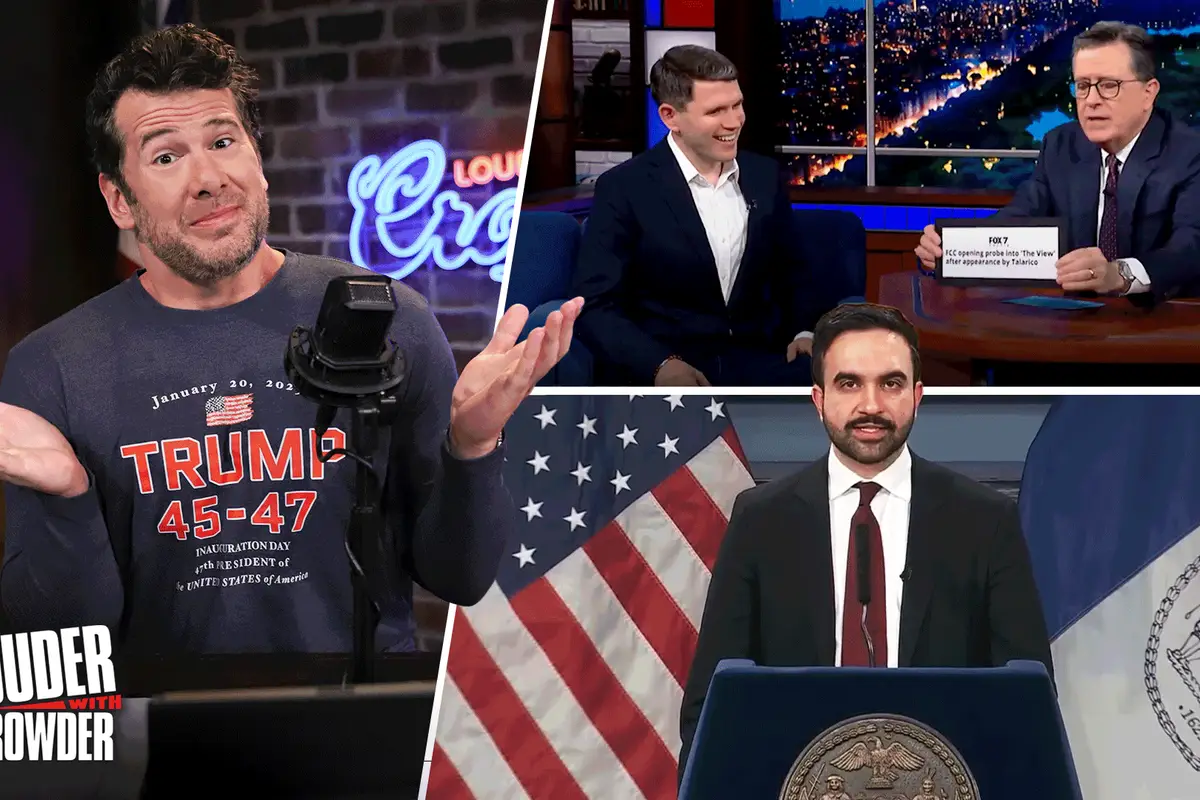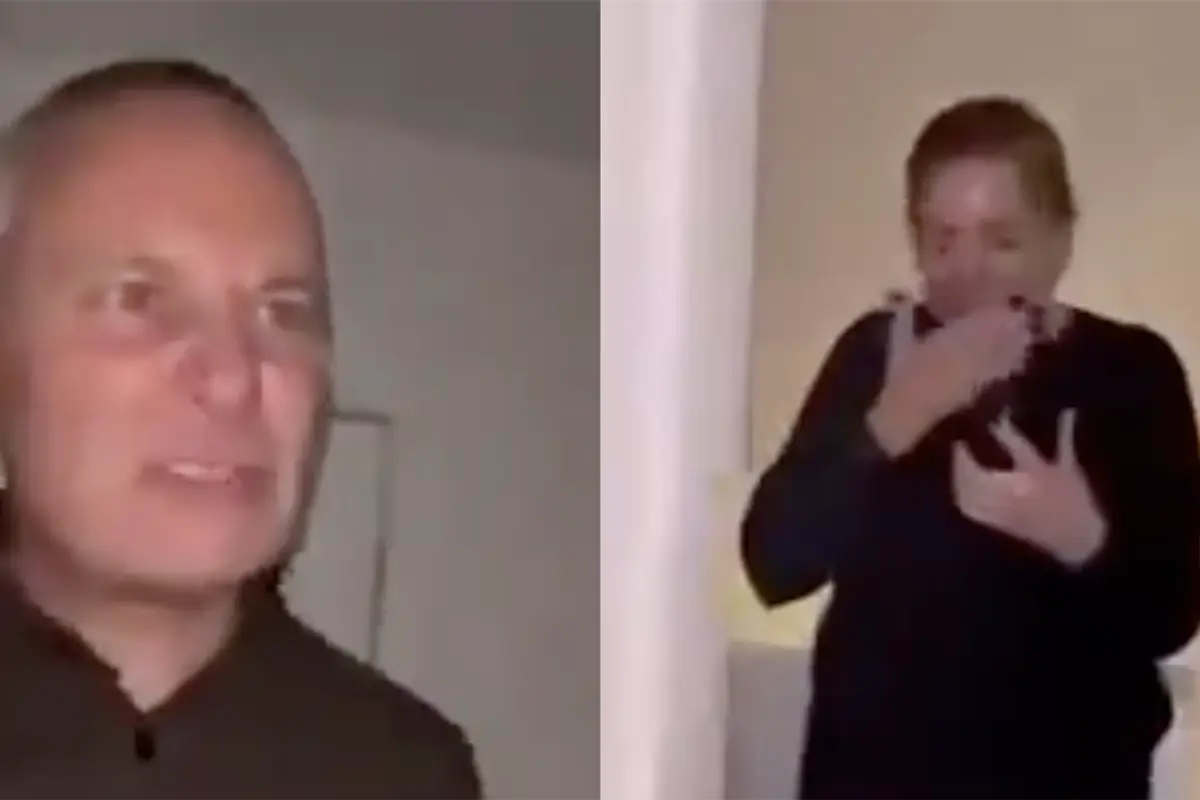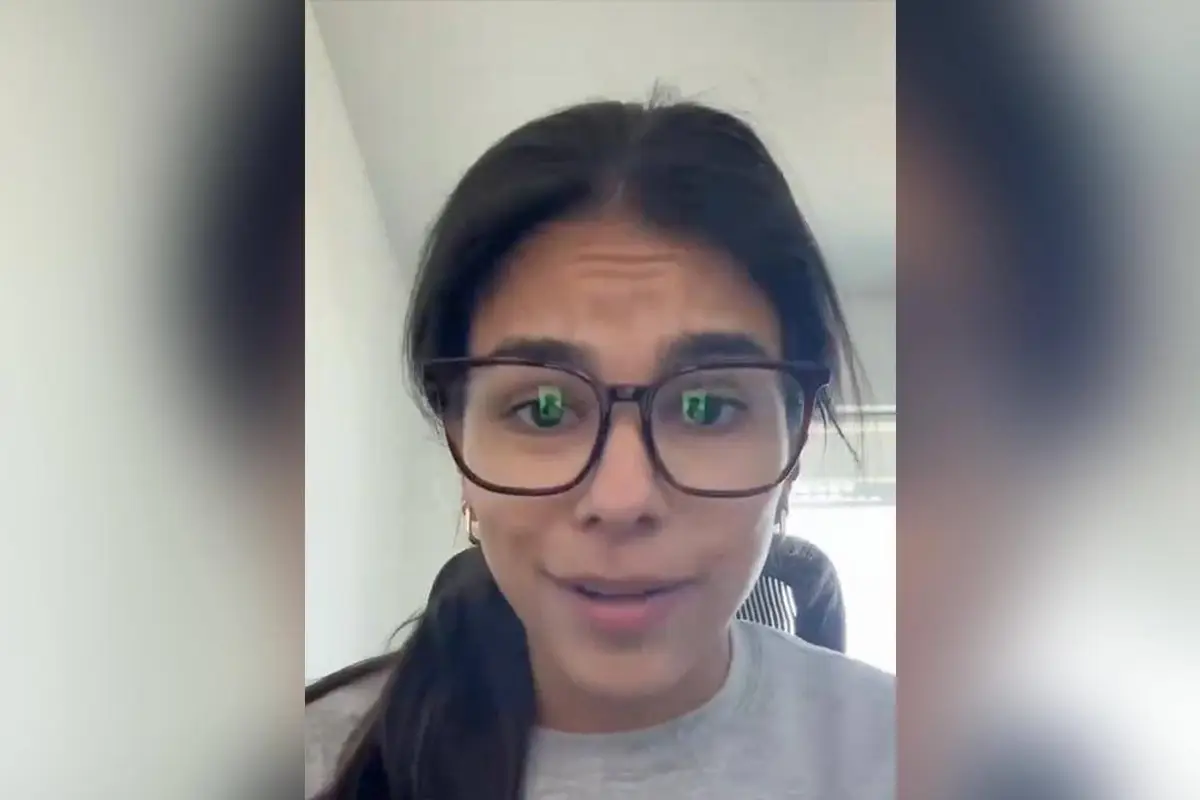Please verify
Each day we overwhelm your brains with the content you've come to love from the Louder with Crowder Dot Com website.
But Facebook is...you know, Facebook. Their algorithm hides our ranting and raving as best it can. The best way to stick it to Zuckerface?
Sign up for the LWC News Blast! Get your favorite right-wing commentary delivered directly to your inbox!
National Day of Prayer: Founding Fathers Edition
May 7, 2015 marks the 64th annual National Day of Prayer in America. In 1952, Congress established the event as an annual occurrence, which was signed into law by President Truman. President Reagan then amended the law in 1988, designating the first Thursday of May each year as the National Day of Prayer.
Though our culture screams, "We don't need God!" and we've removed reference to Him from our schools (and even from some of our churches), the fact remains that we are but mortal men. It's amazing how quickly we are to offer a prayer for ourselves or our loved ones when times are bad - when we get that phone call, when we're by that hospital bed... but how often do we take time to pray for our nation? When things aren't going well in our country, is our first response to take to our blogs and podcasts and cry, "It's the end of the world!" or do we go to our knees and ask for God's blessing and healing of our land?
Maybe it's time we did both, rather than just one or the other.
Our founders - the guys that wrote the Constitution we so love - thought prayer was a crucial element of our nation's framework. In one of the most famous addresses of the Constitutional Convention in Philadelphia, as freedom's progress was stalled and arguments blocked the advancement of liberty, Benjamin Franklin issued a convicting and compelling call to prayer by reminding the delegates,
"In this situation of this Assembly, groping as it were in the dark to find political truth, and scarce able to distinguish it when presented to us, how has it happened, Sir, that we have not hitherto once thought of humbly applying to the Father of lights to illuminate our understandings? In the beginning of the Contest with G. Britain, when we were sensible of danger we had daily prayer in this room for the divine protection.- Our prayers, Sir, were heard, & they were graciously answered. All of us who were engaged in the struggle must have observed frequent instances of a superintending providence in our favor.To that kind providence we owe this happy opportunity of consulting in peace on the means of establishing our future national felicity. And have we now forgotten that powerful friend? or do we imagine that we no longer need his assistance? I have lived, Sir, a long time, and the longer I live, the more convincing proofs I see of this truth- that God Governs in the affairs of men. And if a sparrow cannot fall to the ground without his notice, is it probable that an empire can rise without his aid? We have been assured, Sir, in the sacred writings, that "except the Lord build the House they labour in vain that build it." I firmly believe this; and I also believe that without his concurring aid we shall succeed in this political building no better, than the Builders of Babel: We shall be divided by our little partial local interests; our projects will be confounded, and we ourselves shall become a reproach and bye word down to future ages. And what is worse, mankind may hereafter from this unfortunate instance, despair of establishing Governments by Human wisdom and leave it to chance, war and conquest.
I therefore beg leave to move-that henceforth prayers imploring the assistance of Heaven, and its blessings on our deliberations, be held in this Assembly every morning before we proceed to business, and that one or more of the Clergy of this City be requested to officiate in that Service."
But Franklin was hardly the only founding father to call for prayer, recognize its importance, and utilize it!
George Washington wrote to the Governors of the States in 1783, "I now make it my earnest prayer that God would have you, and the State over which you preside, in his holy protection; that he would incline the hearts of the citizens to cultivate a spirit of subordination and obedience to government, to entertain a brotherly affection and love for one another, for their fellow-citizens of the United States at large, and particularly for brethren who have served in the field; and finally that he would most graciously be pleased to dispose us all to do justice, to love mercy, and to demean ourselves with that charity, humility, and pacific temper of mind, which were the characteristics of the Divine Author of our blessed religion, and without an humble imitation of whose example in these things, we can never hope to be a happy nation."
In 1798, John Adams issued the following proclamation: "As the safety and prosperity of nations ultimately and essentially depend on the protection and the blessing of Almighty God, and the national acknowledgment of this truth is not only an indispensable duty which the people owe to Him, but a duty whose natural influence is favorable to the promotion of that morality and piety without which social happiness can not exist nor the blessings of a free government be enjoyed... I have therefore thought fit to recommend, and I do hereby recommend, that Wednesday, the 9th day of May next, be observed throughout the United States... that all religious congregations do, with the deepest humility, acknowledge before God the manifold sins and transgressions with which we are justly chargeable as individuals and as a nation, beseeching Him at the same time, of His infinite grace, through the Redeemer of the World, freely to remit all our offenses, and to incline us by His Holy Spirit to that sincere repentance and reformation which may afford us reason to hope for his inestimable favor and heavenly benediction."
Our founders prayed for our country. Will you?
by Krystal Heath, follow her on Twitter

